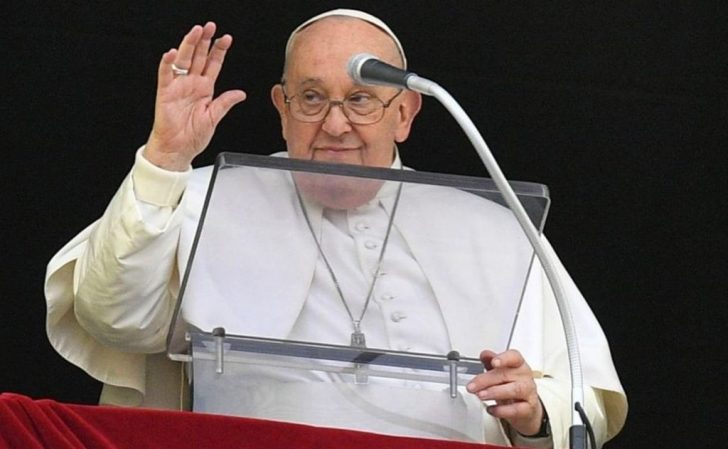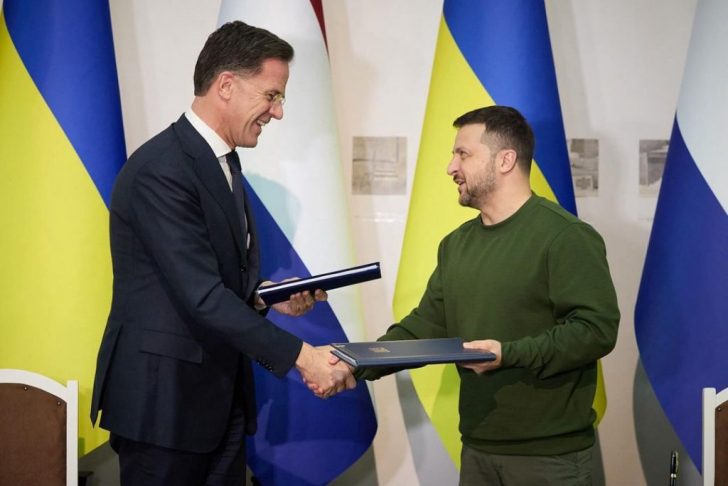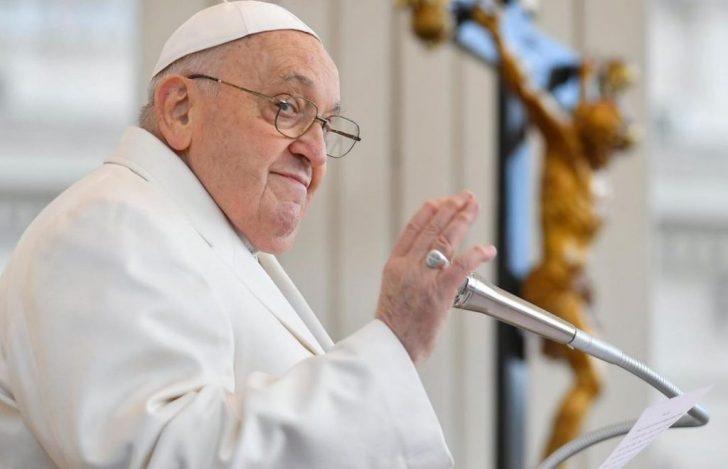Amidst the ongoing war between Ukraine and Russia, Pope Francis is offering some insights. The Pope wants Zelenskyy to “understand the situation” and be realistic. Pope Francis wants Ukraine to have the ‘courage of the white flag’ and negotiate an end to the war with Russia.
However, the Pope’s recent comments during an interview with Swiss broadcaster RSI have sparked both controversy and contemplation. This discussion unfolds the layers of his message, the global reaction it has elicited, and the profound implications it holds for the future of diplomacy and conflict resolution.

Central to the Pope’s address was the powerful imagery of the “white flag” – traditionally a symbol of surrender but redefined by Francis as a courageous call for peace negotiations. This comes at a pivotal moment for Ukraine, entrenched in a grueling conflict with Russia, now entering its third year.
The Pope’s words resonate with a deeper call for dialogue and understanding, suggesting that the true victory lies not in overpowering the opponent but in finding a path to peace.
Pope Francis Stirs Controversy With Ambiguous Remarks
The immediate aftermath of the Pope’s interview saw a flurry of criticism, with many interpreting his use of the “white flag” as an inadvertent nod to Russian aggression. The Vatican was quick to clarify, with spokesperson Matteo Bruni emphasizing that Pope Francis’s comments were a response to the interviewer’s terminology and that negotiation should never be equated with surrender.

This clarification underscores the Vatican’s delicate position, striving to maintain neutrality while advocating for peace.
Pope Francis has consistently navigated the fine line of diplomatic neutrality throughout the Ukraine-Russia conflict, though not without stirring debate. His attempts to empathize with the motivations behind Russia’s actions, particularly regarding NATO’s expansion, have been seen by some as controversial.
These statements highlight the Pope’s broader vision of understanding and reconciliation, even in the face of geopolitical tensions.
Advocating for Peaceful Dialogue
The Pope’s emphasis on negotiation underscores his belief in the power of dialogue to resolve conflicts. He pointed to the willingness of countries like Turkey to mediate the dispute, showcasing the international community’s potential role in fostering peace.

Turkish President Recep Tayyip Erdogan’s offer to host a peace summit exemplifies the kind of proactive diplomacy Francis advocates for, aiming to bring both parties to the negotiating table before the situation deteriorates further.
Contrasting the Pope’s call for negotiations, Ukraine, led by President Volodymyr Zelenskyy, maintains a firm stance on not engaging in talks until its sovereignty and territorial integrity are recognized. This position underscores the deep wounds and the demand for justice from the Ukrainian perspective, challenging the international community to reconsider the dynamics of negotiation and support.
Backed by its own allies, Kyiv is not yet ready for any ‘negotiations’ with Russia. As President Zelenskyy has made it clear, the negotiation should never come from an oppressor.





